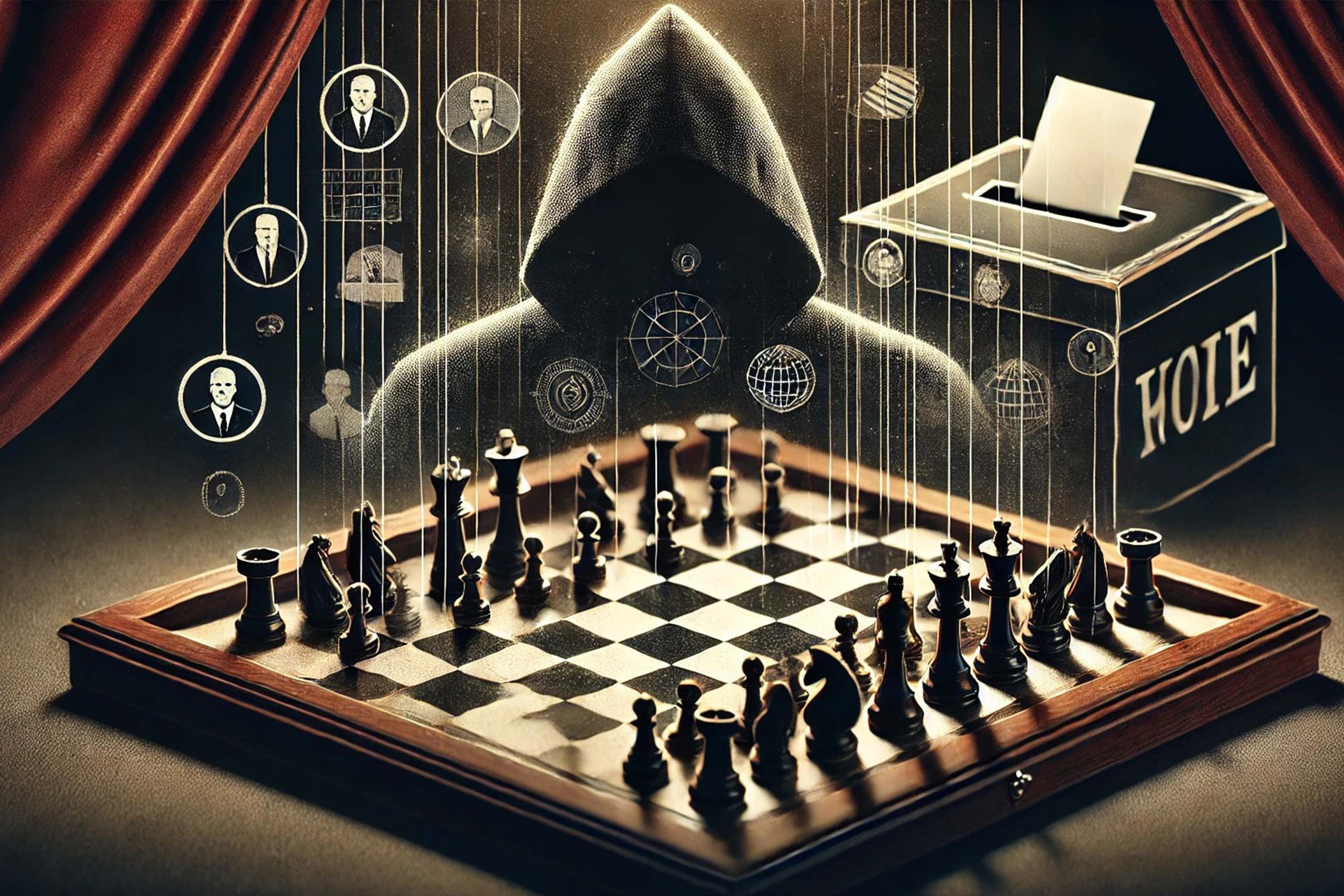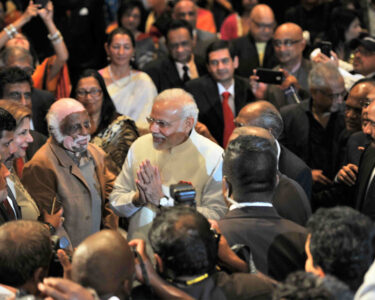Elections are celebrated as the bedrock of democratic governance, yet beneath the surface lies a web of covert strategies employed to manipulate political outcomes. These tactics—ranging from disinformation to electoral manipulation—threaten to erode democratic institutions, distort public opinion, and consolidate power among the few. This article delves into the shadowy methods used to gain political control, their motivations, and the devastating consequences for democracy.
A Toolkit for Manipulation: Disinformation, Manipulation and Corruption
One of the most insidious tools in the arsenal of covert political strategies is the disinformation campaign. Fake news, designed to mislead and manipulate, floods social media platforms, while deepfakes create fabricated evidence to discredit opponents or sway public opinion. These falsehoods can sow confusion and mistrust, undermining the very foundations of informed citizenship.
Electoral manipulation represents another alarming strategy. Gerrymandering—redrawing electoral districts to favor one party—has become a notorious tactic for skewing results. Voter suppression, whether through restrictive laws or bureaucratic obstacles, disenfranchises marginalized groups, effectively silencing their voices in the democratic process.
Financial corruption further deepens the democratic crisis. Dark money, hidden from public scrutiny, funnels into campaigns to buy influence, while bribery corrodes the integrity of public officials. The unchecked flow of illicit funds distorts policymaking, prioritizing special interests over the public good.
Even technology is weaponized in this battle for control. Cyberattacks on voting systems and phishing schemes to expose private communications are now common tactics to sabotage political opponents. These digital intrusions not only threaten electoral outcomes but also diminish public trust in the sanctity of the vote.
The Motivations Driving Covert Tactics
Why are these covert strategies so pervasive? The answer lies in three core motivations. For many actors, the primary goal is the consolidation of power, achieved by dismantling opponents and entrenching their own dominance. Others are driven by ideological goals, seeking to reshape society according to their vision. Economic interests also play a significant role, with policies often engineered to benefit industries or financial elites at the expense of the majority.
Democracy at Risk: Erosion of Trust and Polarization
The impact of these covert tactics is profound, striking at the heart of democratic institutions. Public trust in electoral systems weakens as disinformation and manipulation come to light. Societies fracture along ideological lines, with polarization eroding social cohesion. Policies, rather than reflecting the will of the people, become tools to serve narrow interests while leaving citizens disillusioned and disengaged.
Lessons from the Field: Case Studies of Covert Influence
Real-world examples highlight the devastating effects of these strategies. Allegations of Russian interference in the 2016 U.S. presidential election demonstrate the power of disinformation and cyber tactics to disrupt democratic processes. Meanwhile, the Odebrecht corruption scandal in Latin America exposed the scale of bribery infecting multiple governments, revealing the systemic nature of political corruption.
Fighting Back: Countermeasures and Policy Recommendations
Despite these challenges, there are ways to safeguard democracy against covert threats. Strengthening electoral integrity through robust security measures for voting systems is critical. Transparency initiatives, such as requiring full disclosure of campaign funding sources, can limit the influence of dark money. Legal enforcement is also key—prosecuting those who engage in illegal activities sends a strong message of accountability.
Public education offers another vital defense. Media literacy programs empower citizens to critically evaluate information sources, reducing the effectiveness of disinformation campaigns. On a broader scale, international cooperation can help address transnational threats like cyber interference while regulatory reforms ensure that laws keep pace with evolving tactics.
Independent oversight bodies also play a crucial role in monitoring and enforcing election laws, ensuring fairness and transparency. Together, these measures form a comprehensive strategy to defend democracy from undue influence.
The Path Forward: Reclaiming Democratic Integrity
Covert strategies for political control are not just an attack on elections—they are an attack on democracy itself. Recognizing and addressing these tactics is essential to preserving fair and transparent governance. By combining legal reforms, technological safeguards, and public education, societies can build resilience against these threats. The fight for democracy is ongoing, but with vigilance and collective action, its foundations can remain strong.
The stakes are high, but so too is the potential for renewal. A democracy fortified against covert manipulation is a democracy that truly represents its people, embodying the ideals of fairness, equality and justice.
References
[1] Levitsky, S., & Ziblatt, D. (2018). How Democracies Die. Crown.
[2] Jamieson, K. H. (2018). Cyberwar: How Russian Hackers and Trolls Helped Elect a President. Oxford University Press.
[3] National Democratic Institute. (2013). Disinformation and Democracy: The Impact of Fake News and How to Counter It.



